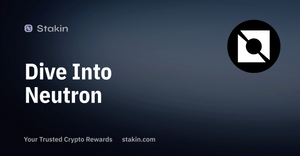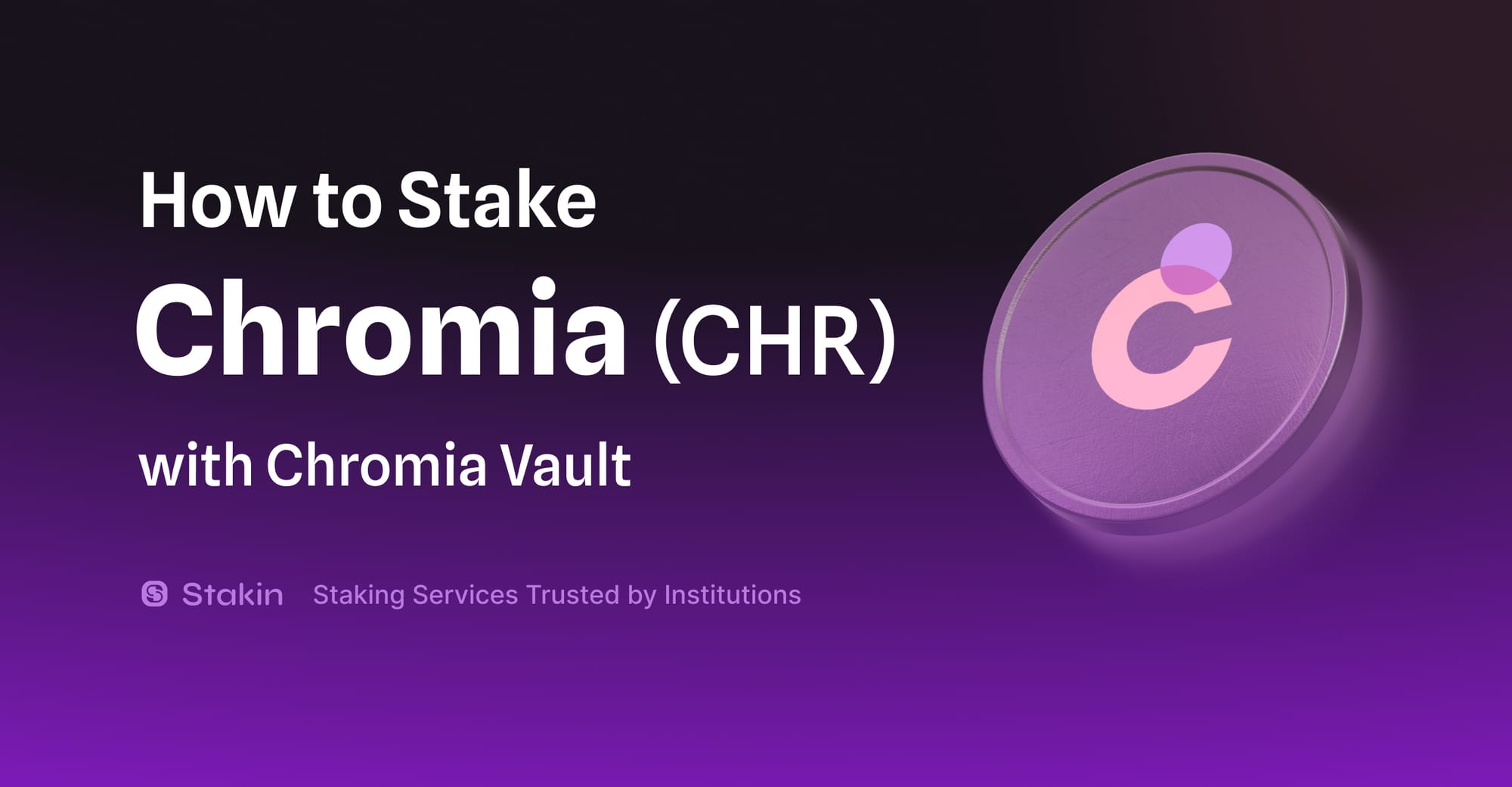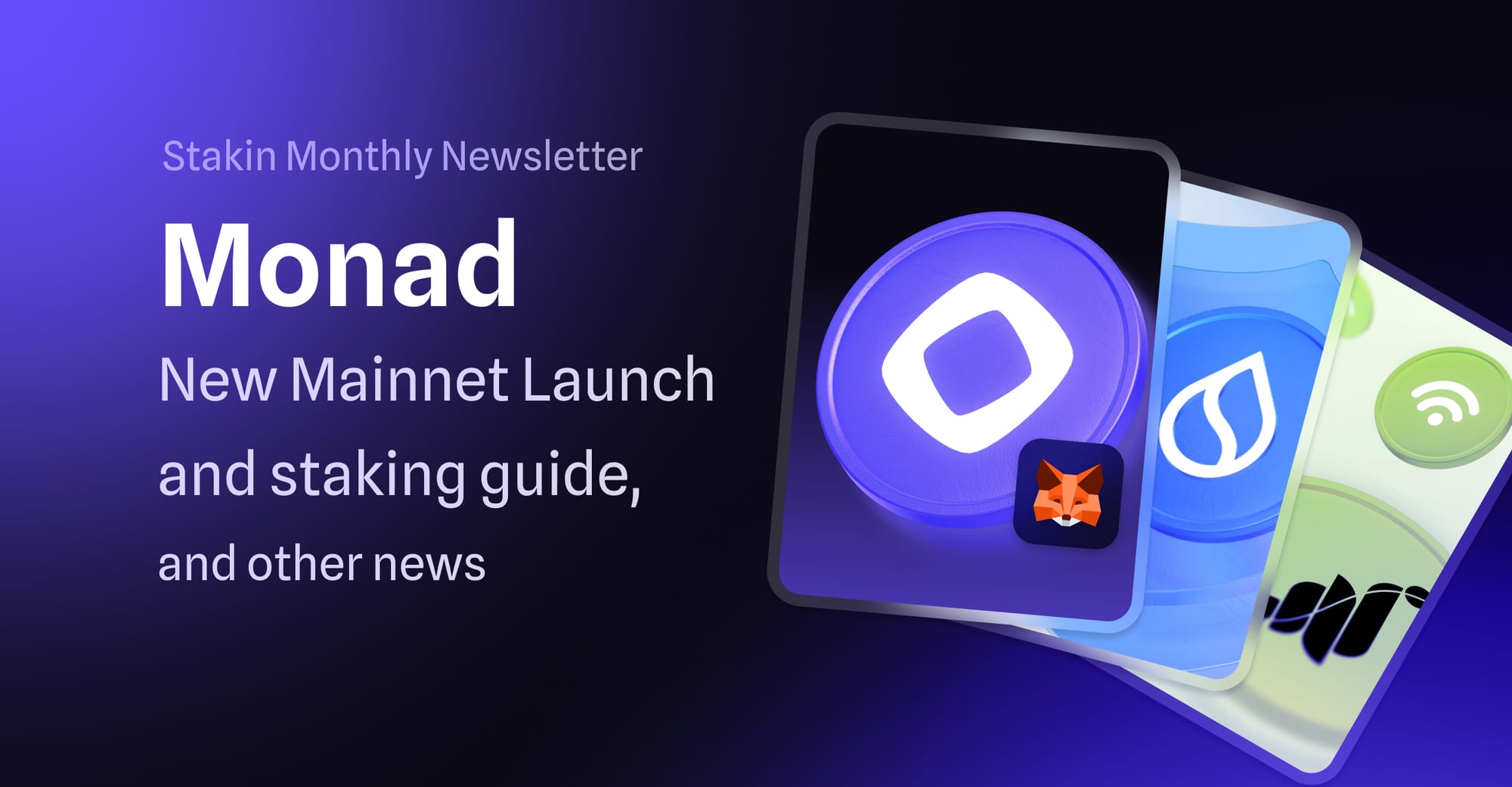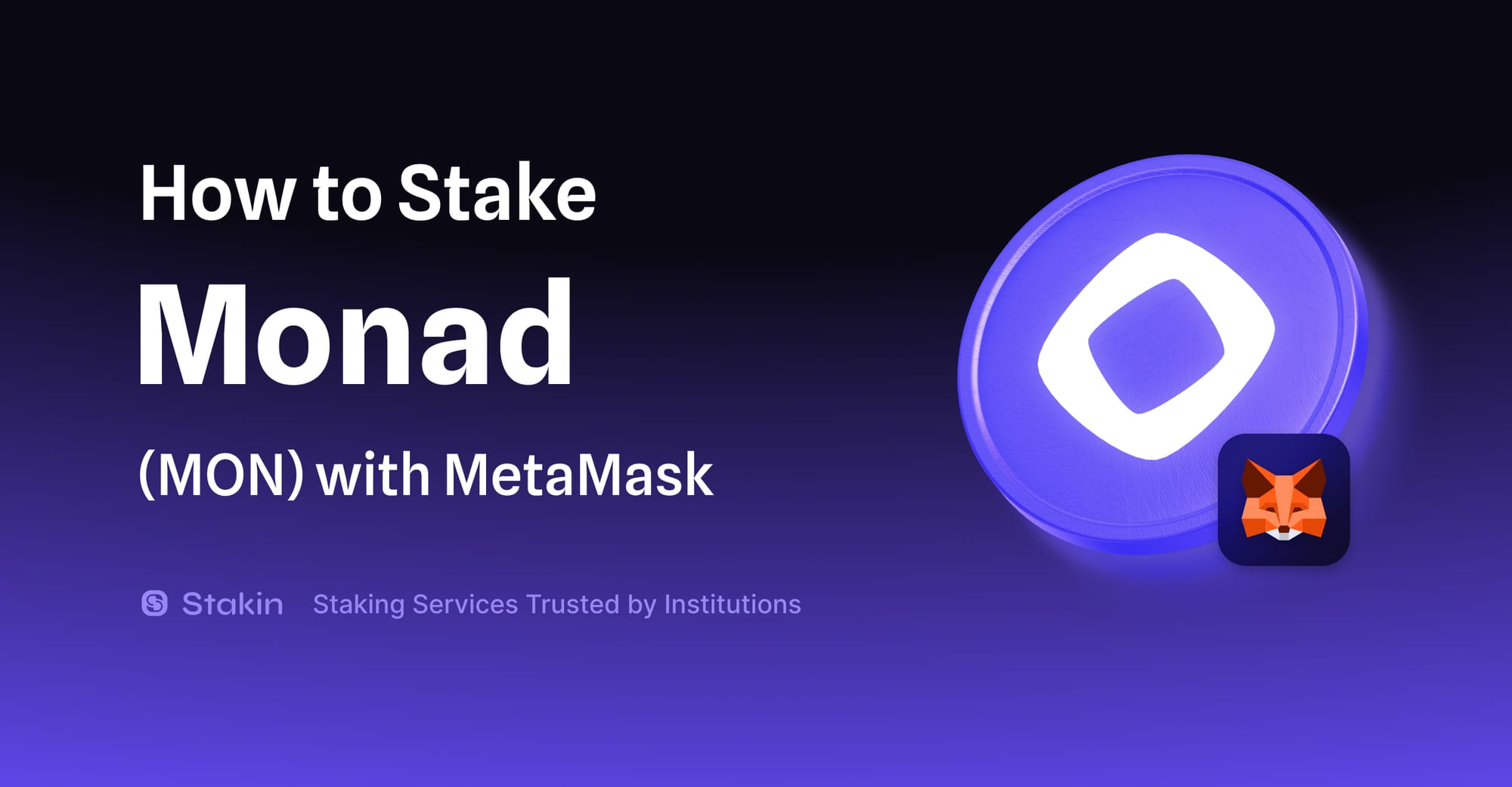Before diving into Neutron, it's essential to know a few things. So first, let’s quickly discuss the Cosmos Hub. The Cosmos Hub is a decentralized blockchain network serving as the central hub for the broader Cosmos ecosystem. The primary function of the hub is to facilitate interoperability between different blockchain networks.
The Cosmos Hub uses a proof-of-stake consensus mechanism to secure its network and ensure that transactions are processed quickly and securely. It is highly scalable and designed to handle a large volume of transactions. It aims to be a zone within the Cosmos Ecosystem for the development of Replicated Security. The Cosmos Hub also offers advanced features such as the Inter-Blockchain Communication (IBC) protocol, allowing seamless interoperability between blockchains. This feature enables developers to leverage the unique features of different blockchain networks and build more robust and versatile decentralized applications.
Second on the list of important things to know before getting to know Neutron is CosmWasm. CosmWasm is a programming language and runtime environment for creating smart contracts on the Cosmos blockchain. It uses the Rust programming language and offers a highly efficient and secure virtual machine that executes smart contracts in milliseconds.
CosmWasm is designed to be highly modular, making it easy to build and reuse components. It also provides developers with various tools and libraries for building and deploying smart contracts, such as support for multiple programming languages and testing frameworks. CosmWasm's speed, security, and versatility make it an excellent choice for developers who require a highly performant and secure environment for building decentralized applications on the Cosmos blockchain.
Introducing Neutron
So, what is Neutron? Neutron is a new DeFi (decentralized finance) platform built with Tendermint on the Cosmos SDK. Built by P2P, the platform aims to address scalability issues currently facing DeFi platforms by offering a faster, cheaper, and more secure alternative for trading and exchanging digital assets.
The Neutron platform includes a user-friendly interface, sophisticated trading tools, and a highly secure and scalable infrastructure. Its modular design makes it simple for developers to create and implement decentralized applications on the platform, further expanding its capabilities.
In an interview by Blockworks about how Neutron compares to other longer-running smart contract platforms such as Juno and Evmos, Avril Dutheil, the Head of Product at Neutron, explained that there is a fundamental difference between the two.
Traditionally, when building applications on smart contract platforms, developers must choose a specific feature set and market to operate in. This limits the potential of the application, as it can only leverage the features and market of the chosen platform. However, with Neutron, developers can leverage feature sets from other blockchains thanks to its interoperability feature. This means that by deploying on Neutron, developers can access feature sets from other blockchains, such as Secret Network or Penumbra for privacy or Sei Network for high speed.
Neutron offers a unique solution to the siloing issue that other smart contract platforms face. Developers are not constrained to only one market but can access multiple markets right out of the box. This feature, combined with Neutron's advanced capabilities, permissionless smart-contract deployment, intuitive user interface, and trading tools, makes it an exciting addition to the growing ecosystem of blockchain-based financial platforms.
Overall, Neutron aspires to be a top decentralized finance platform by providing users with a faster, cheaper, and more secure way to trade and swap cryptocurrencies. Its distinct consensus process and advanced features make it an exciting addition to the expanding ecosystem of blockchain-based financial networks.
Onboarding the First Consumer-Chain to Cosmos Hub Interchain Security
As of now, Neutron will be onboarded as the first Consumer-Chain to launch on Cosmos Hub Interchain Security. As a Consumer-Chain of the Cosmos Hub, validators of the Cosmos Hub will be securing Neutron, providing it with a high degree of security. Interchain Security creates a mutually beneficial relationship between Neutron and the Cosmos Hub. The more successful Neutron becomes, the more valuable $ATOM is, and the more secure Neutron and the Hub become.
Neutron offers smart contracts to own accounts on remote blockchains, execute transactions, and track their execution through the Interchain Transactions Module (ICT). It ensures smart contracts cover gas fees incurred by public relayers through its relayer fee market. Neutron's Interchain Queries (ICQ) enable smart contracts to retrieve data from remote blockchains without relying on trusted third-party oracles. It allows developers to build secure cross-chain applications in a fraction of the time and cost, making it an excellent platform for building cross-chain DeFi apps. Beyond being a major DeFi hub in Cosmos, Neutron will sponsor the development of the ecosystem, providing a shared execution environment, enabling communities from every part of IBC to come together, and providing a high degree of cost-efficient security.
Final Thoughts
In conclusion, Neutron offers a unique solution to the scalability and interoperability issues that other smart contract platforms face. By leveraging the secure Cosmos Hub and cross-chain infrastructure, Neutron provides a fast, secure, and cost-efficient platform for building cross-chain DeFi applications. Its distinct consensus process, advanced features, and modular design make it an exciting addition to the growing ecosystem of blockchain-based financial platforms. As the first consumer chain to launch on Cosmos Hub Interchain Security, Neutron's success will create a mutually beneficial relationship between Neutron and the Cosmos Hub, making both more valuable and secure.
DISCLAIMER: This is not financial advice. Staking, delegation, and cryptocurrencies involve a high degree of risk, and there is always the possibility of loss, including the failure of all staked digital assets. Additionally, delegators are at risk of slashing in case of security or liveness faults on some protocols. We advise you to do your due diligence before choosing a validator.



